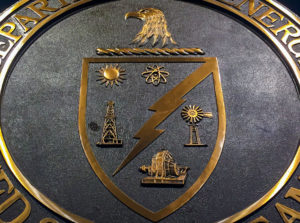
Collaborating with international researchers is at the heart of what we do at the Lab, and as a taxpayer-funded institution, it is our responsibility to continue that collaboration in a manner that continues our spirit of openness while protecting the economic interests of the United States.
The Department of Energy (DOE) has introduced the Science and Technology (S&T) Matrix in order to protect access to specific areas of emerging science and technology research at national laboratories that may provide unreciprocated economic value to other nations. It does this by restricting or prohibiting certain engagements associated with specific technology areas with countries of risk. The currently identified countries of risk are China, Russia, Iran, and North Korea. The Matrix also assists in protecting the intellectual property rights of the Lab and our researchers as well.
The types of engagements the new policy focuses on include international business travel (including virtual conferences), Memorandums of Understanding (MOU), Cooperative Research and Development Agreements (CRADA), Strategic Partnership Projects (SPP), Agreements for Commercializing Technology (ACT), and any other engagements with foreign entities using other contractual instruments that require the Lab to perform work for the foreign entity related to these specific emerging science and technology research topics.
More information is being shared with Area and Division leadership teams who will work directly with potentially impacted researchers.
If you are planning a contractual engagement with or business travel to an entity in a country of risk then please talk with your Division or Area leadership first.
If you have any questions, please contact STMatrix@lbl.gov.